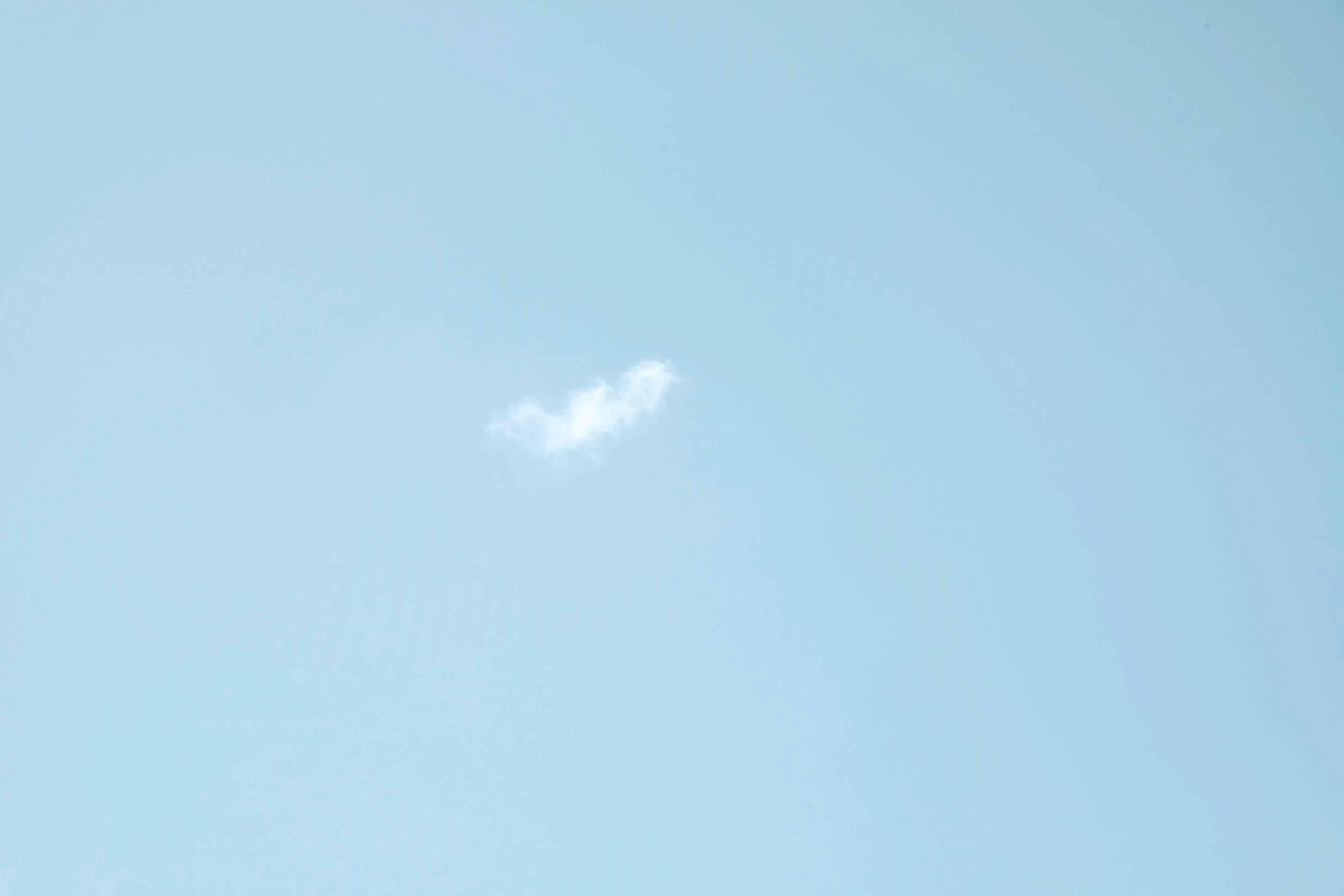Blue Zones: Where people live the longest and healthiest
The older we get, the more susceptible we are to diseases. How to extend the health span is the subject of longevity research. In search of answers, scientists are intensively studying the so-called 'Blue Zones'—regions where people are significantly more likely to live to 100 than elsewhere.
What are Blue Zones? Definition and origin
Blue Zones were first mentioned by the US journalist Dan Buettner in 2005 in National Geographic magazine's cover story 'The Secrets of a Long Life.' Buettner discovered certain regions worldwide where noticeably many people live much longer and remain healthy compared to other areas.
In these areas distributed across the globe, the so-called Super Agers often live to over 100 years old—without typical civilization diseases like cancer, cardiovascular problems, and Alzheimer's.
Why are they called 'Blue Zones'?
The name has an interesting origin story: In 2000, the demographer Dr. Michel Poulain, together with Gianni Pes, a Sardinian doctor, was involved in determining the ages of numerous centenarians in Sardinia. They marked the places with the most centenarians on the map with a blue pen.
This is how the first Blue Zone came into existence. Subsequently, the two researchers, in collaboration with Dan Buettner, expanded the term and used it for other longevity areas worldwide.
Overview of the 5 Blue Zones worldwide
1. Ogliastra, Sardinia, Italy
The Sardinian province of Ogliastra has the highest concentration of men over 100 years old worldwide. In the mountainous regions, shepherds live who walk several kilometers daily with their flocks and mainly follow a plant-based diet.
2. Okinawa, Japan
On this Japanese island live the oldest women in the world. The Okinawans practice the concept of "Ikigai" – the meaning of life – and maintain lifelong friendships in so-called MOAI groups.
3. Nicoya Peninsula, Costa Rica
The small peninsula in Costa Rica has the second highest concentration of centenarian men. The inhabitants live according to their "plan de vida" – their life plan – and benefit from plenty of sunshine and outdoor activity.
4. Ikaria, Greece
On this Greek island, one in three people lives to be 90 years old. Ikaria has one of the lowest dementia rates worldwide. The Mediterranean diet rich in olive oil and the relaxed lifestyle play a central role here.
















